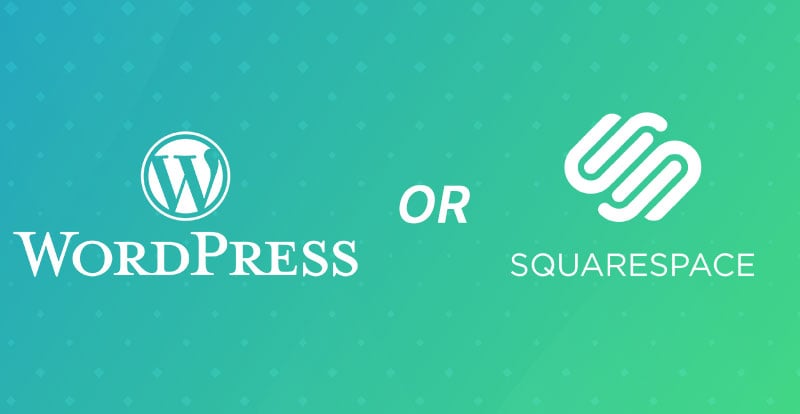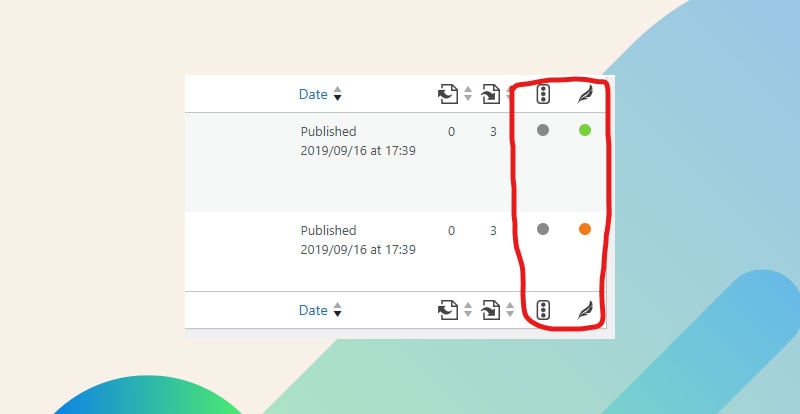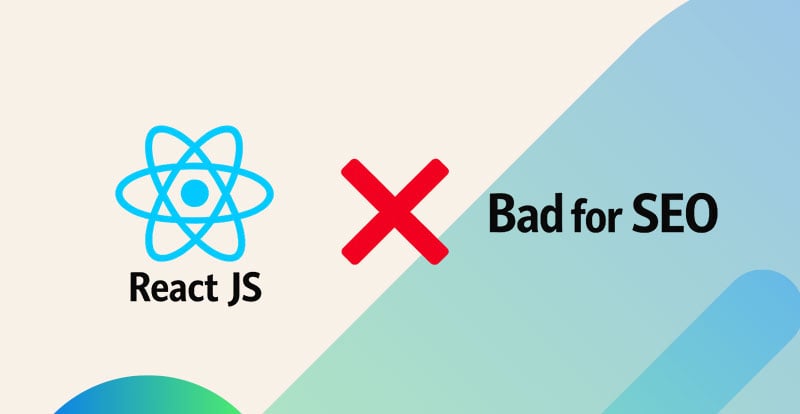If you’ve been told that you need to move your website from Squarespace to WordPress for SEO, you’re not alone. This comes up all the time for business owners, especially when they start thinking seriously about growing traffic through search engines. The idea sounds simple enough: if WordPress is “better for SEO,” switching should help you rank higher, right?
The truth is more nuanced. Both platforms can work for SEO, but they’re built very differently. Depending on your goals, staying on Squarespace could be perfectly fine - or it could be holding you back without you realizing it. The key is understanding what you actually get (and don’t get) with each platform.
Squarespace: Easy to Use, But Limited for SEO
Squarespace is a closed system. That means it handles a lot of the technical details for you, which is great if you just want a good-looking site that works out of the box. You don’t have to worry about installing plugins, managing hosting, or dealing with complex code.
From an SEO perspective, that simplicity is a double-edged sword. Squarespace covers the basics:
-
Mobile-friendly templates
-
SSL certificates
-
Clean URLs
-
Simple meta title and description editing
-
Basic sitemap generation
For many small businesses, that’s enough to get by — especially if you’re in a low-competition niche. If you have a fast site, solid content, and some backlinks, you can absolutely rank on Squarespace.
But the limitations start to show when you want to go beyond the basics. Because it’s a closed system, there are certain things you simply can’t customize or fix. For example:
-
You can’t fully control structured data (schema) beyond what Squarespace allows.
-
Advanced speed optimizations aren’t possible.
-
Technical issues like crawl depth or duplicate content may not be fixable.
-
You’re restricted in how you integrate tracking, scripts, and analytics.
-
You can’t install custom SEO plugins or tools to expand the platform’s capabilities.
These limits don’t matter if SEO isn’t a huge priority for you. But if you’re trying to compete in a crowded space or you’re planning to scale your SEO strategy, these roadblocks will eventually slow you down.
WordPress: Total Control for SEO
WordPress is an open system, which means you can change anything and everything about your site. This level of control is why so many SEO professionals prefer it.
With WordPress, you can:
-
Install powerful SEO plugins like Yoast or Rank Math to manage technical details.
-
Implement custom schema and structured data.
-
Optimize speed at every level, from caching to server configuration.
-
Fix crawl issues and internal linking problems.
-
Run advanced analytics and tracking setups without restrictions.
-
Customize every part of the site to match your SEO strategy.
If SEO is one of your primary marketing channels, this flexibility matters. You’re not stuck waiting on the platform to release a feature or make a change — you or your developer can handle it directly.
There’s also a huge ecosystem of tools and resources built for WordPress. Whether you need to automate internal linking, run A/B tests, or build landing pages at scale, there’s likely a plugin or integration that fits the job. Squarespace just doesn’t offer that kind of expandability.
The trade-off is complexity. With great power comes more responsibility:
-
You’ll need to manage hosting and updates.
-
Too many plugins can slow down your site if you’re not careful.
-
There’s a learning curve compared to Squarespace’s drag-and-drop simplicity.
But if SEO is a core part of your growth strategy, these extra steps are usually worth it.
When It Makes Sense to Switch
Switching platforms isn’t cheap or simple. A full rebuild takes time, money, and effort — so you shouldn’t do it unless there’s a clear business case.
Here’s when moving to WordPress makes sense:
-
SEO is your main marketing channel, and you plan to compete aggressively.
-
You’ve hit a ceiling with Squarespace and can’t implement the SEO changes you need.
-
You need custom functionality or integrations that Squarespace doesn’t support.
-
You want full ownership and control of your website, including hosting and backups.
On the other hand, staying on Squarespace is fine if:
-
Your site is mostly informational, and SEO isn’t a major driver of revenue.
-
You’re in a low-competition niche where basic optimization is enough.
-
You don’t have the resources to maintain a more complex WordPress setup.
The platform itself isn’t the thing Google ranks — it’s the site performance, content quality, and authority you build through backlinks and branding. If you’re on Squarespace and you’re getting results, there’s no reason to rebuild just because someone told you to.
Final Thoughts for Business Owners
-
Squarespace isn’t bad for SEO by default. It covers the basics well enough for many small businesses.
-
WordPress offers more control. If SEO is a top priority, having that control matters.
-
Don’t switch just because someone said you should. Make sure there’s a clear benefit and a strategy in place.
-
Focus on fundamentals first. A fast site, valuable content, and strong backlinks will move the needle more than any platform change.
Squarespace and WordPress both have their place. Squarespace shines for simplicity and ease of use, while WordPress excels at deep customization and advanced SEO capabilities.
The right choice depends on your goals. If SEO is or will be your main growth driver, WordPress is almost always worth it in the long run. But if you just need a clean, functional site and aren’t planning to compete heavily in search, there’s no harm in sticking with Squarespace.
At the end of the day, platforms don’t rank websites - strategy does. The best move is the one that supports your overall marketing plan, not just what’s trendy or convenient for an agency to manage.




